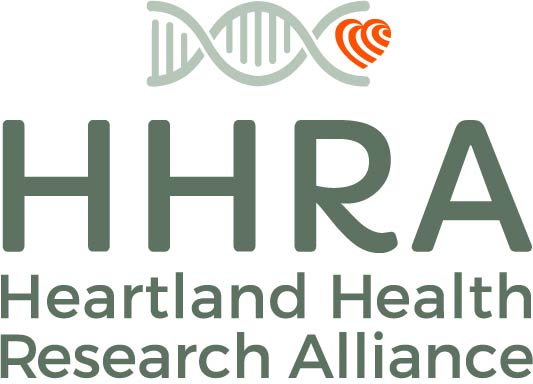Olsson, H., & Brandt, L., “Risk of non-Hodgkin’s lymphoma among men occupationally exposed to organic solvents,” Scandinavian Journal of Work and Environmental Health, 1988, 14(4), 246-251.
ABSTRACT:
An occupational history of exposure to organic solvents, defined as daily occupational exposure for at least one year, was more common among 167 men with newly diagnosed non-Hodgkin’s lymphoma than among 130 healthy referents from the general population (38 versus 14%). Categorization in five-year age groups gave 3.3 as a Mantel-Haenszel estimate of the odds ratio (95% CI 1.9-5.8). The odds ratio was 6.5 (95% CI 3.2-13.3) for localized supradiaphragmatic tumors and 2.3 (95% CI 1.3-4.3) for other lymphoma presentations. In a logistic model including age and organic solvent, phenoxy acid, and chlorophenol exposure, it could be shown that solvent exposure was an independent risk factor and that no important interaction occurred between the risk factors. With increasing duration of exposure there was a significantly increased risk of lymphoma, a finding implying a dose-response relationship. There was no significant difference in tumor histology between the exposed and unexposed patients. These findings support the concept that occupational exposure to organic solvents is a risk factor for non-Hodgkin’s lymphoma. The results also confirm a strong association between such exposure and an initial supradiaphragmatic location of the lymphomas.
